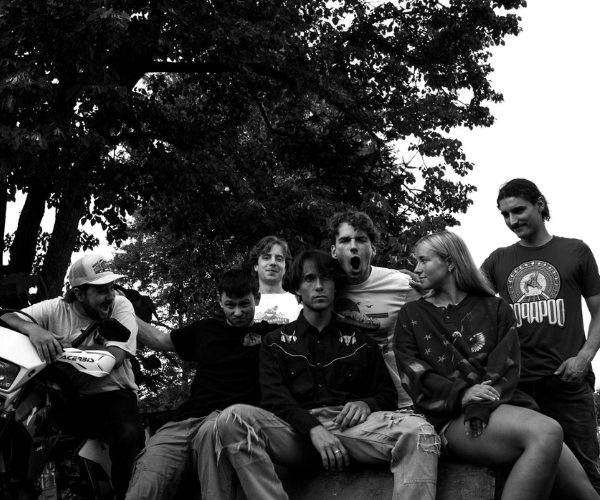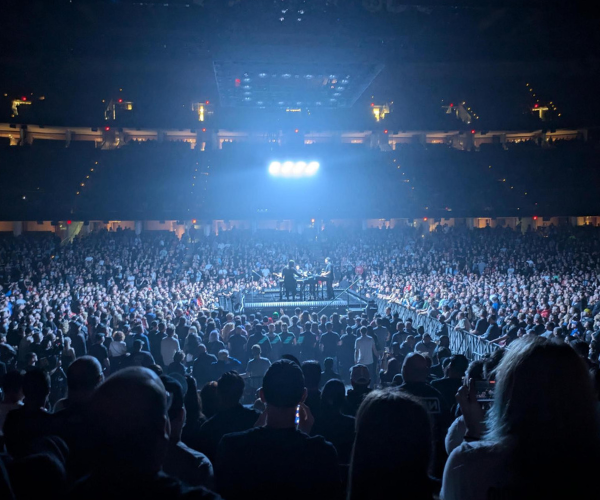It appears suddenly-- two words and a yellow-and-green drawing of the season's signature vegetable.(Or is it agrain? I do remember that tomatoes are technically a fruit. I learned that in grade school, the thing that used to fill my time between those fabulously long, daylight-drenched stretches of summer break.)
"Sweet Corn," the sign declares.
It's not long before you see cars pulled to the side of the road or parked askew on a patch of gravel along the edge of a farmer's field. And even when there's a line of people already waiting, no one really seems to care. When it's your turn at the counter, you swiftly bag up the ears you want. There's no need to painstakingly examine them. If they weren't any good, they wouldn't be here. The seller likely won't inspect how many you grab either. This may be the last place in America where the honor system is in full force on both sides of the counter.
You do not buy sweet corn at a roadside stand because it is less expensive than the grocery store. Sometimes it isn't. And those stores often stock pile their produce sections with sweet corn from Ohio farmers anyway, so it's not a matter of choosing the locals over the faceless out-of-towners.
No, the real appeal is, after buying a winter's worth of foods that have been trucked to your kitchen table, you have the opportunity to buy food from the person who planted it and on the spot where it was grown. It is the definition of fresh. Besides, when was the last time you talked to a real farmer?
Because many formerly rural communities are being made over into suburbs, sweet corn stands have become just another seasonal decoration for some people, a lesser-seen, distant cousin of "Garage Sale" signs. But when there's a stand located at the end of your street, like where my neighborhood exitson to a well-traveled state route, you get the chance to truly observe it, study it.
After two full seasons of watching, I can tell you there is comfort in how that steady stream of customers -- bag after bag, car load after carload, day after day -- has become as reliable as the tide. It's welcome proof that in our debit-card,scan-your-own world we still hunger to do some things the traditional way.
And, early on summer evenings, when the sun starts its slow stretch toward night, you'll commonly see a different sign appear -- one that offers a twinge of concern, until you realize it's a condition that'll be gone by morning. It also offers two words: "Sold Out."



